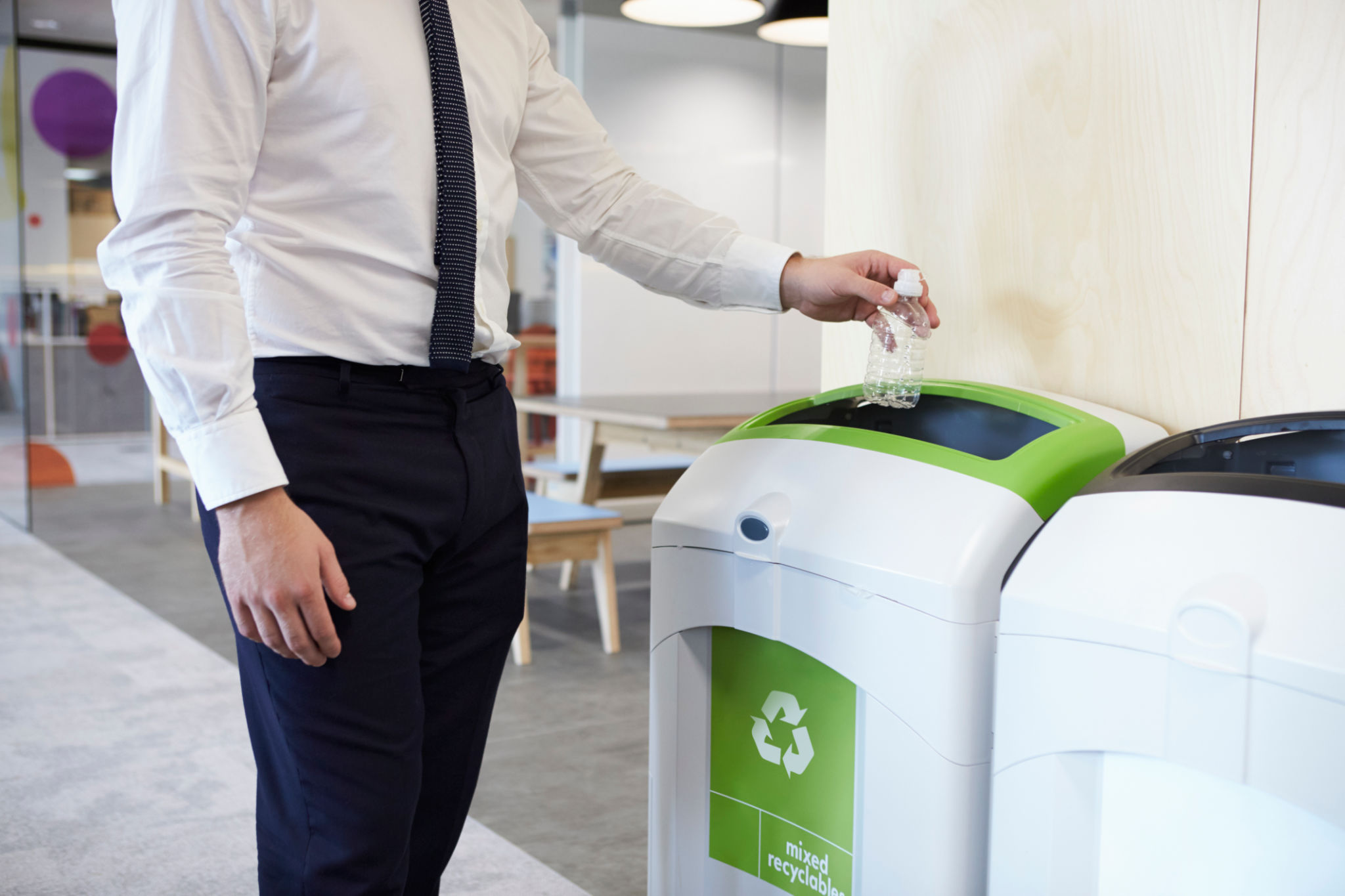Innovative Trends in Sustainable Business Practices
Embracing Circular Economy
The concept of a circular economy is revolutionizing sustainable business practices. Unlike the traditional linear economy, which focuses on a 'take, make, dispose' model, a circular economy emphasizes the importance of reusing, repairing, and recycling materials. Businesses are increasingly adopting this model to minimize waste and extend the lifecycle of products.
By designing products with durability and recyclability in mind, companies can reduce their environmental footprint. This approach not only conserves resources but also opens up new revenue streams through services such as product refurbishment and leasing.

Green Technology and Innovation
Technological advancements are at the forefront of sustainable business practices. From renewable energy solutions to energy-efficient manufacturing processes, businesses are leveraging technology to reduce their carbon footprint. Innovations in green technology, such as solar panels and wind turbines, are becoming more accessible and cost-effective, encouraging widespread adoption.
Moreover, businesses are investing in smart technologies that optimize resource use. For instance, IoT devices can monitor energy consumption in real-time, enabling companies to make informed decisions about energy efficiency. This not only reduces costs but also supports environmental sustainability.
Sustainable Supply Chain Management
A sustainable supply chain is crucial for businesses aiming to minimize their environmental impact. Companies are increasingly scrutinizing their supply chains to ensure that every step of the process is environmentally friendly. This includes sourcing raw materials responsibly, reducing emissions during transportation, and ensuring ethical labor practices.

Implementing sustainable supply chain practices can significantly enhance a company's reputation and foster customer loyalty. Consumers today are more conscious of the environmental impact of their purchases and prefer brands that align with their values.
Corporate Social Responsibility (CSR)
Corporate Social Responsibility (CSR) has become a cornerstone of modern business strategy. Companies are recognizing the importance of social and environmental stewardship as part of their overall mission. By aligning CSR initiatives with core business goals, companies can create a positive impact on society while enhancing their brand image.
Examples of effective CSR practices include community engagement projects, partnerships with environmental organizations, and employee volunteer programs. These initiatives not only benefit society but also strengthen the company's internal culture by promoting a sense of purpose among employees.

The Role of Consumer Behavior
Consumer behavior plays a pivotal role in driving sustainable business practices. As awareness about environmental issues grows, consumers are demanding more transparency and accountability from brands. This shift in consumer preferences is pushing companies to adopt more ethical and sustainable practices.
Businesses are responding by offering eco-friendly products, reducing packaging waste, and committing to sustainability goals. By aligning their operations with consumer expectations, companies can build stronger relationships with their customers and gain a competitive edge in the market.
Future Outlook
The future of sustainable business practices looks promising as more companies embrace innovation and adapt to changing consumer demands. As technology continues to evolve, it will provide even more opportunities for businesses to operate sustainably and efficiently.
Governments and organizations worldwide are also playing a role by setting stricter regulations and offering incentives for sustainable practices. This collaborative effort will be essential for creating a more sustainable future for both businesses and society.